Bilge Karasu: Exploring the Depths of Turkish Literature
Bilge Karasu, a prominent Turkish short story writer and novelist, was born on January 9, 1930, in Istanbul. He came from a Jewish origin family, whose parents later converted to Islam. After completing his education at Şişli Terakki High School and Istanbul University's Faculty of Literature, Department of Philosophy, Karasu went on to study in Europe with the support of a Rockefeller scholarship. He worked as a translator at the General Directorate of Press, Broadcasting, and Tourism, as well as the foreign broadcasting service of Ankara Radio. Additionally, he wrote radio plays for Ankara Radio. From 1974 until his passing, Karasu served as a lecturer at Hacettepe University's Philosophy Department. He resided in a small basement on Nilgün Street in Ankara for many years until his death on July 14, 1995, at Hacettepe University Hospital, where he was undergoing treatment for pancreatic cancer. Karasu was buried in Karşıyaka Cemetery.
Bibliography
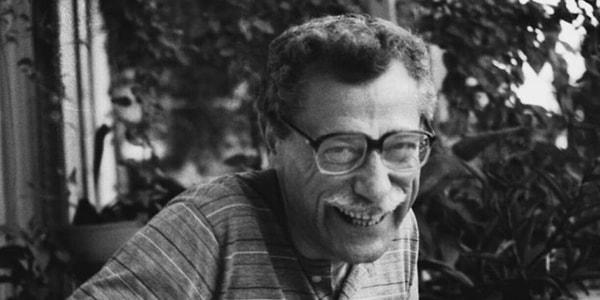
Stories
Bilge Karasu's literary journey includes a collection of captivating stories that brought a breath of fresh air to Turkish storytelling. Some of his notable story collections are:
Troya’da Ölüm Vardı (1963)
Uzun Sürmüş Bir Günün Akşamı (1970)
Göçmüş Kediler Bahçesi (1980)
Kısmet Büfesi (1982)
Lağımlaranası ya da Beyoğlu
Susanlar (2008) (a compilation of stories, poetry, essays, and interviews)
Novels
In addition to his short stories, Karasu ventured into the realm of novel writing, leaving an indelible mark on Turkish literature. His notable novels include:
Gece (1985)
Kılavuz (1990)
Essays
Karasu's literary pursuits extended to the realm of essays, where he demonstrated his philosophical inclinations. His noteworthy essays are:
Ne Kitapsız Ne Kedisiz (1994)
Narla İncire Gazel (1995)
Altı Ay Bir Güz (1996) (published posthumously)
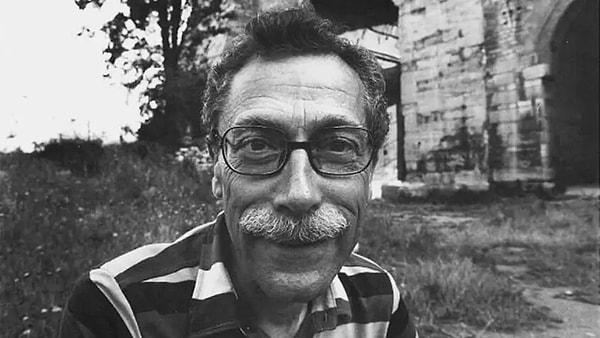
Radio Plays
Karasu's talent also extended to the world of radio, where he wrote compelling radio plays, some of which are:
Peter Pan (Radyo için oyunlaştıran Bilge Karasu) (1967), Ankara Radyosu
Sevilmek, (Ocak 1970), Ankara Radyosu
Kerem ile Kediler, (Mart 1970), Ankara Radyosu
Gidememek
Aşk
Translations
Being a multitalented individual, Karasu also ventured into the realm of translation. Some of his notable translations are:
Abraham Lincoln, Emil Ludwing, 1953, Cep Kitapları
Doktor Martino, William Faulkner, 1956, Yenilik Publications
Bella'nın Ölümü, Georges Simenon, 1981, Karacan Publications
Salgına İnanıyorum, Jean Cocteau, 1968, Türk Dili (Sinema Ozel Sayısı), Ankara: Volume: 196 (January 1968), p. 422-425
İşin Özü Bir Öykü Anlatmaktır, Jean Renoir, Türk Dili (Sinema Ozel Sayısı), Ankara: Volume: 196 (January 1968), p. 426-428
Awards
Throughout his illustrious career, Bilge Karasu received recognition and awards for his exceptional contributions to Turkish literature. Some of his notable awards include:
1963 Turkish Language Association Translation Award, The Dead Man, translated from D. H. Lawrence
1970 Sait Faik Hikaye Armağanı, Uzun Sürmüş Bir Günün Akşamı
1991 Pegasus Ödülü, Gece
1994 Sedat Simavi Edebiyat Ödülü, Ne Kitapsız Ne Kedisiz
Biography and Literary Style
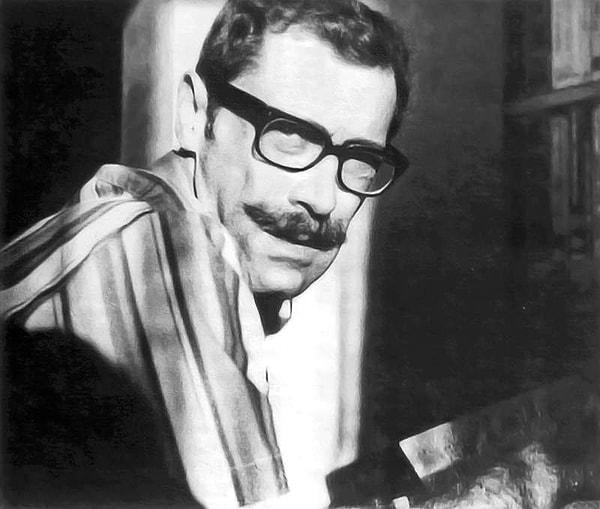
Bilge Karasu's life and literary style offer a unique perspective on Turkish literature, earning him recognition as one of the most influential figures in the field. His literary journey began in 1950 when his first piece was published, and his first story appeared in the Seçilmiş Hikayeler magazine in 1952. Karasu's writing is characterized by its focus on the individual's inner world, exploring themes of fear, passion, death, oppression, and conflicts of belief through a unique symbolic language.
Fusion of Philosophy and Literature
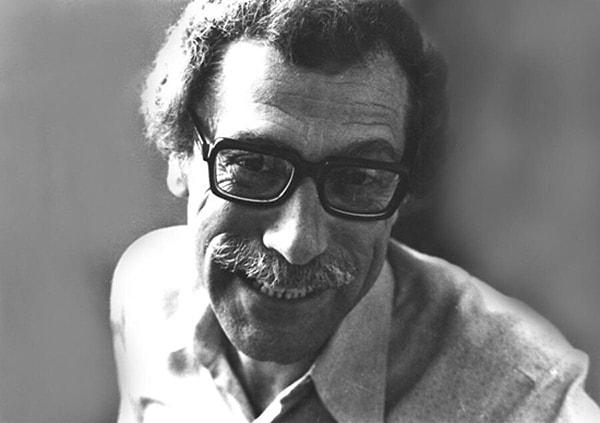
A distinguishing aspect of Bilge Karasu's work is the fusion of philosophy and literature. His texts often delve into philosophical themes, inviting readers to contemplate the complexities of human existence. The exploration of philosophical concepts alongside captivating narratives sets Karasu's works apart, leaving readers with profound thoughts and introspections.
Language and Writing Style
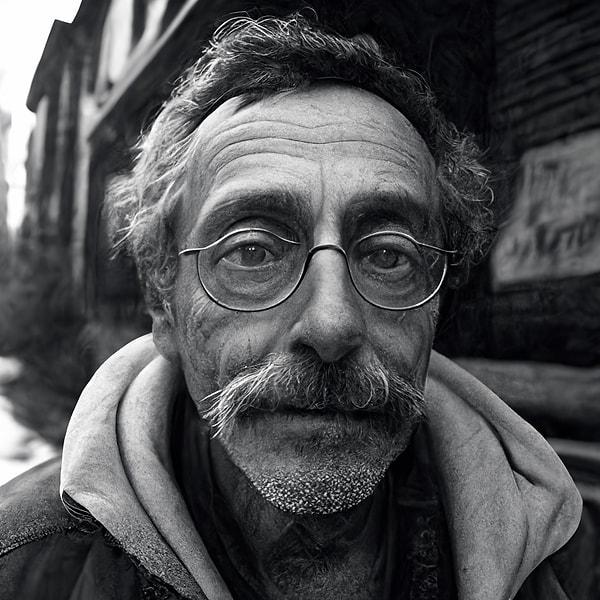
Bilge Karasu's writing style stands out for its meticulous use of language. He meticulously selects words and shapes the text with his unique and crafted Turkish vocabulary. His ability to create new words when needed adds depth and richness to his narratives. Language, for Karasu, is not merely a means of communication but an integral part of a literary work's essence.
Legacy and Influence

Bilge Karasu's literary legacy continues to resonate with readers and writers alike. His exploration of human psyche and intricate narrative structures have left an indelible mark on Turkish literature, inspiring new generations of authors. His literary achievements have earned him recognition both within Turkey and internationally, making him an icon of Turkish literature and a celebrated figure in the postmodern literary movement.
In memory of Bilge Karasu, several books have been written, exploring his life, works, and literary contributions. His impact on Turkish literature remains profound, and his legacy will continue to inspire and captivate readers for generations to come.
Keşfet ile ziyaret ettiğin tüm kategorileri tek akışta gör!


Send Comment